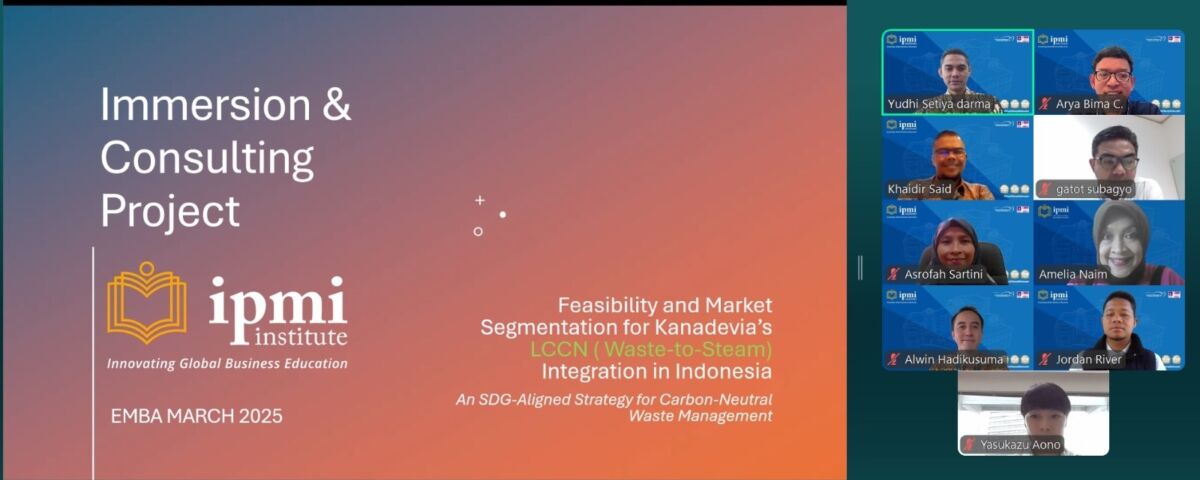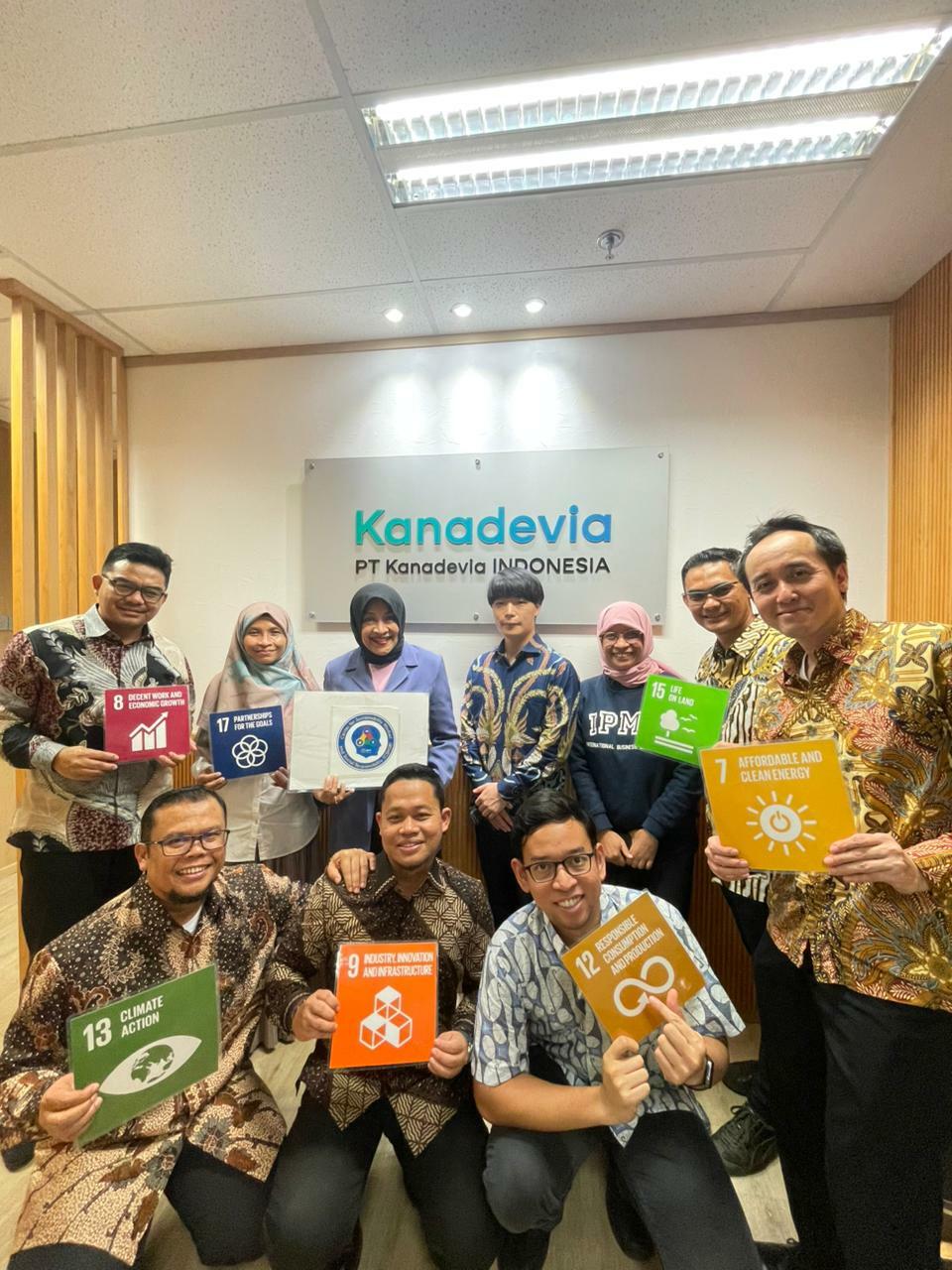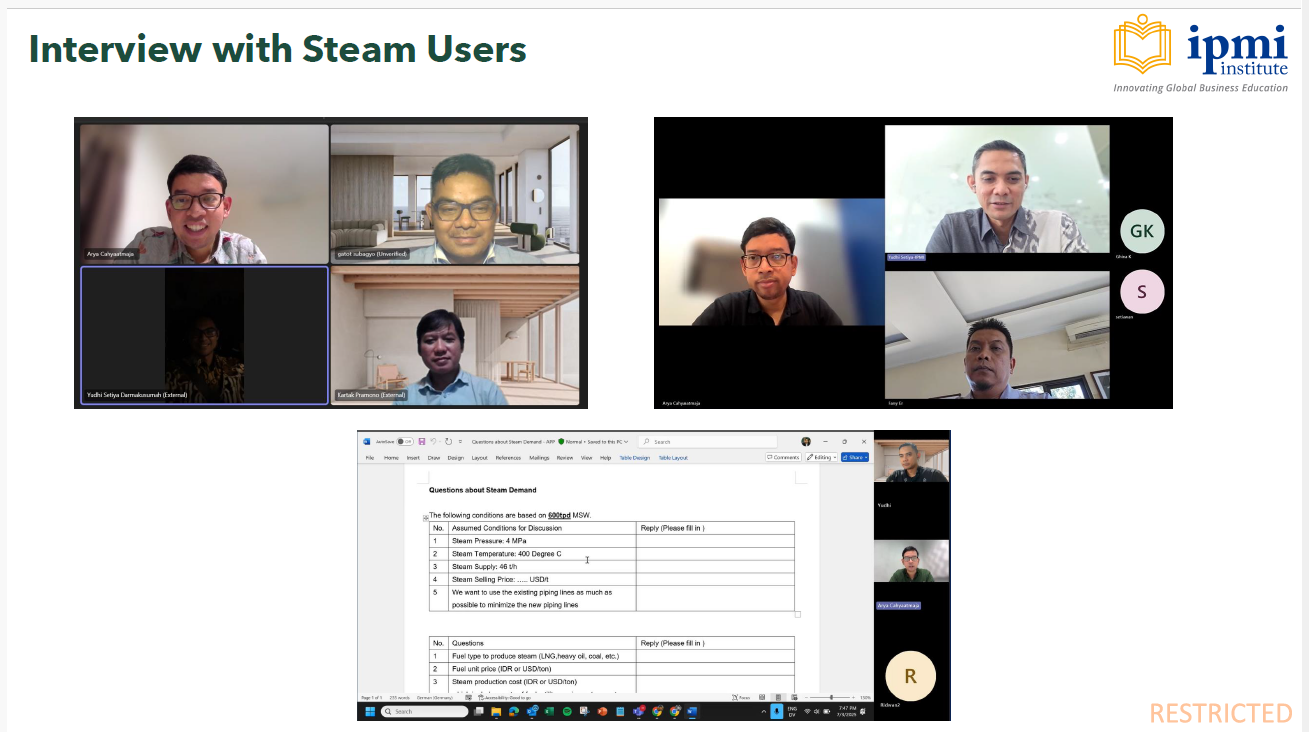





Keep this story going! Share below!
Kanadevia’s Waste-to-Steam (WtS) technology transforms municipal and industrial waste into reliable, low-carbon steam. This innovation helps industries reduce emissions, lower energy costs, and supports UN SDGs such asAffordable and Clean Energy (7), Industry, Innovation and Infrastructure (9), Sustainable Cities and Communities (11), Responsible Consumption and Production (12), and Climate Action (13).
Kanadevia introduces a Low-Carbon Circular Network (LCCN) that uses modular Waste-to-Steam plants capable of supplying up to 46 tons/hour of steam at 400°C and 40 bar. Waste is collected locally (within a 5 km radius) and incinerated in a controlled high-efficiency system to produce steam for industries such as dairy processing, pharmaceuticals, and hospitality.
This innovation addresses Indonesia’s waste crisis and dependence on fossil fuels like coal and natural gas. By providing a constant and cost-efficient steam supply while diverting waste from landfills, Kanadevia aligns with ESG and decarbonization goals. Pilot projects are targeted at Java’s dairy processing plants due to their moderate technical needs and strong sustainability commitment.

Immersion and Consulting project presentation at Kanadevia Corporation
“We are under pressure to reduce emissions and energy costs. If waste can become reliable steam, it solves two problems—waste management and energy supply,” this statement came from Kanadevia’s leadership. They saw Indonesia’s dual challenge of rising energy prices and unmanaged waste. The inspiration came from their successful Waste-to-Energy projects abroad, which demonstrated that a circular economy model can be both profitable and environmentally sustainable.
In the short term, the innovation reduces landfill usage, cuts methane emissions, and provides industries with up to 40% energy cost savings compared to compressed natural gas (CNG). In the long term, it positions industrial clusters for carbon neutrality while creating local jobs in waste collection and plant operation.
Field surveys revealed that three out of four companies in pharmaceuticals, dairy,and pulp and paper can adopt Kanadevia’s solution, potentially diverting hundreds of tons of waste per day from landfills.
Kanadevia opens new revenue streams through Power Purchase Agreements (PPAs) for steam supply. The innovation improves customer retention by providing an ESG-compliant, cost-efficient alternative to fossil fuels. By entering the dairy and hospitality markets first, Kanadevia gains a first-mover advantage in Indonesia’s emerging Waste-to-Energy sector.
The innovation directly benefits society by improving urban sanitation, reducing landfill overflow, and mitigating marine pollution. Environmentally, it reduces CO₂ and methane emissions and supports the Indonesian government’s renewable energy target of 23% by 2025. Each ton of waste processed prevents harmful emissions and supports a cleaner, circular economy.
Get stories of positive business innovations from around the world delivered right to your inbox.
Yasukazu Aono, Operational Director
Kartak Pramono, Engineering and Project Lead


Kanadevia is a technology company specializing in Waste-to-Energy solutions, focusing on Low-Carbon Circular Network (LCCN) systems. The company converts non-recyclable waste into industrial steam to support ESG-focused businesses and reduce environmental impact. With more than 1,500 global WtE projects, Kanadevia aims to accelerate Indonesia’s carbon-neutral transition.